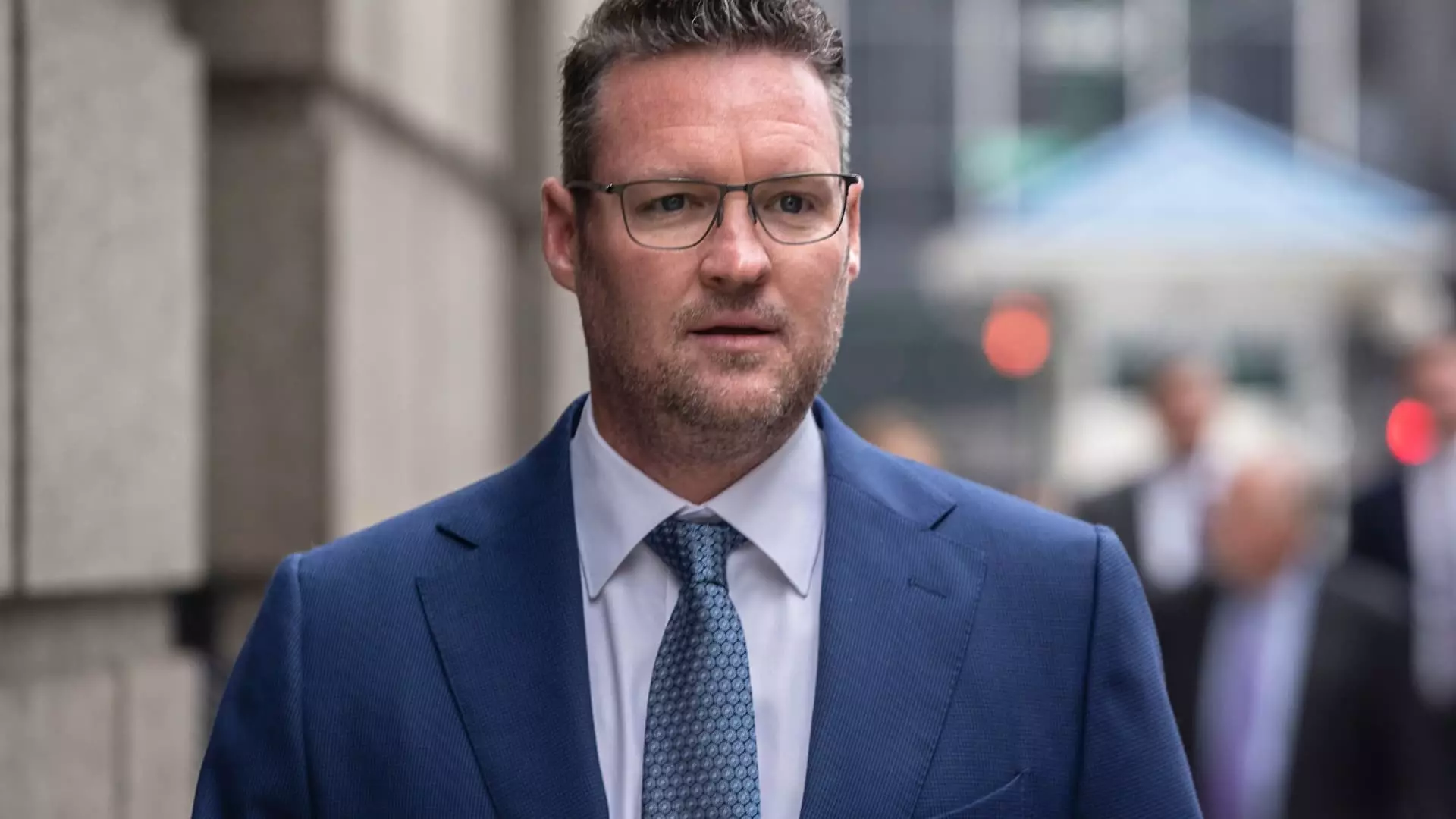In an unprecedented move that has sent ripples through the political and business landscape, former President Donald Trump granted a pardon to Trevor Milton, the founder of Nikola Corp., who was convicted for defrauding investors. This action is not an isolated incident; it represents a broader trend in which presidential pardons are being wielded as tools of political favor rather than as instruments of justice. The implications of such a practice are dire. They create an environment where accountability is diminished, and wealthy or politically connected individuals can escape the consequences of their actions, however egregious they may be.
Milton’s case serves as a glaring illustration of this troubling trend. Convicted of securities and wire fraud for misrepresenting the capabilities of his electric and hydrogen-powered trucks, Milton’s actions cost investors millions. Just days before the pardon was issued, federal prosecutors had urged a judge to impose substantial restitution measures, which could have potentially added a veneer of accountability for Milton. Instead, Trump’s pardon rendered these legal consequences moot, illuminating an unsettling reality—justice is not blind when the rich and powerful are involved.
The Culture of Impunity: A License for Fraud?
What does it say about our justice system when high-profile figures comfortably slip through the cracks crafted by legal systems designed to serve justice? The stark fact is that Milton’s pardon cultivates a culture of impunity, where fraudsters feel emboldened to engage in deceitful practices, operating under the assumption that they may ultimately evade the serious ramifications of their misconduct. If wealth and political allegiance can secure a reprieve from accountability, it sends a message that the rule of law can be selectively applied.
Milton himself was basking in the glow of his pardon, claiming it was a sign of innocence and a triumph over a corrupted judicial system. This rhetoric is not merely self-serving; it dangerously perpetuates the notion that the system is rigged against those brave enough to challenge it, a narrative that resonates with a certain segment of the population but undermines the very foundations of justice.
The Erosion of Trust in Government Institutions
Trump’s pardon has broader societal ramifications that extend beyond one man’s legal reprieve. Trust in government institutions is already at an all-time low, and incidents like this only fuel skepticism among the populace. When individuals perceive political maneuvering behind pivotal legal outcomes, disillusionment grows. The idea that individuals can manipulate their political connections for personal gain further alienates the public from engaging with a system they feel disenfranchised by.
Milton himself lamented the erosion of trust within the Justice Department, calling for judges to be more discerning than to simply accept the claims made by prosecutors. However, it is clear that what he fails to recognize is that these issues are exacerbated by allowing powerful figures to dodge accountability. Rather than a rallying cry for reform, it has become a diversion tactic that distracts from the systemic issues that need addressing.
Political Donations: A Faustian Bargain
Another aspect worth scrutinizing is the connection between Milton’s political donations, particularly his hefty contributions to Trump’s committee, and the resulting pardon. The timeline suggests an uncomfortable relationship between financial support and political favors. In modern political landscapes, large donations often equate to influence, raising the question: are we witnessing a new era of quid pro quo politics?
This scenario paints a disheartening picture where financial clout can swindle its way through the legal system, leaving average Americans to bear the brunt of fraudulent practices without recourse. The overlooked victims include not just those who lost thousands of dollars in investments but anyone who believes in a fair and just legal system. The thought that donations could pave the way for leniency or exemption from justice is a perilous precedent that undermines everything a democratic system stands for.
Corporate Malfeasance: The Future of Accountability
The fallout from Milton’s pardon suggests a worrying future where corporate malfeasance can be treated with impunity. Nikola Corp. itself is now grappling with its failures, as the company recently filed for Chapter 11 bankruptcy amid a slew of recalls and mounting liabilities. Yet, instead of facing the consequences of overpromising and underdelivering, Milton’s pardon allows him to emerge without a stain on his reputation.
What does this mean for other corporations teetering on the brink of ethical collapse? With pathways for legal evasion seemingly open to those who play the game effectively, younger entrepreneurs might feel pressured to prioritize short-term gains over long-term ethical considerations. The normalization of such behavior puts corporate integrity at risk and can lead to larger economic repercussions affecting not just investors but the workforce and consumers alike.
In essence, the pardon of Trevor Milton exemplifies a degradation of values within both corporate and political landscapes, inviting profound questions about the future of accountability, justice, and ethical governance.


Leave a Reply